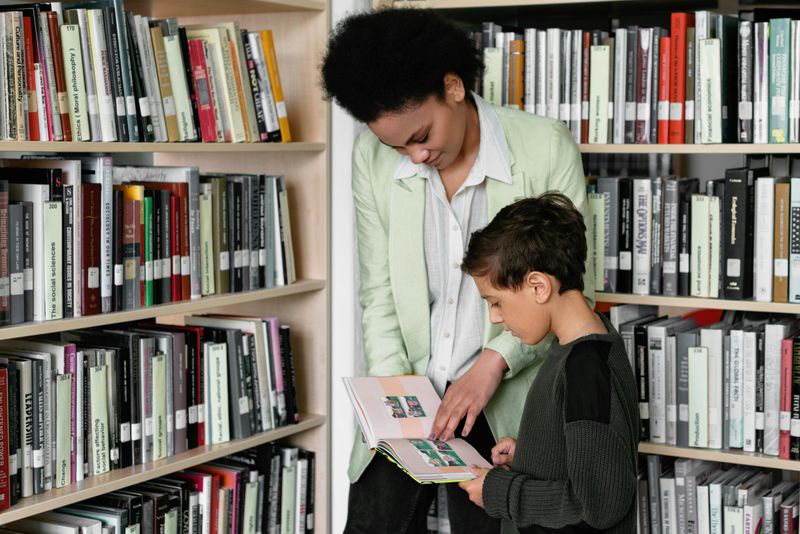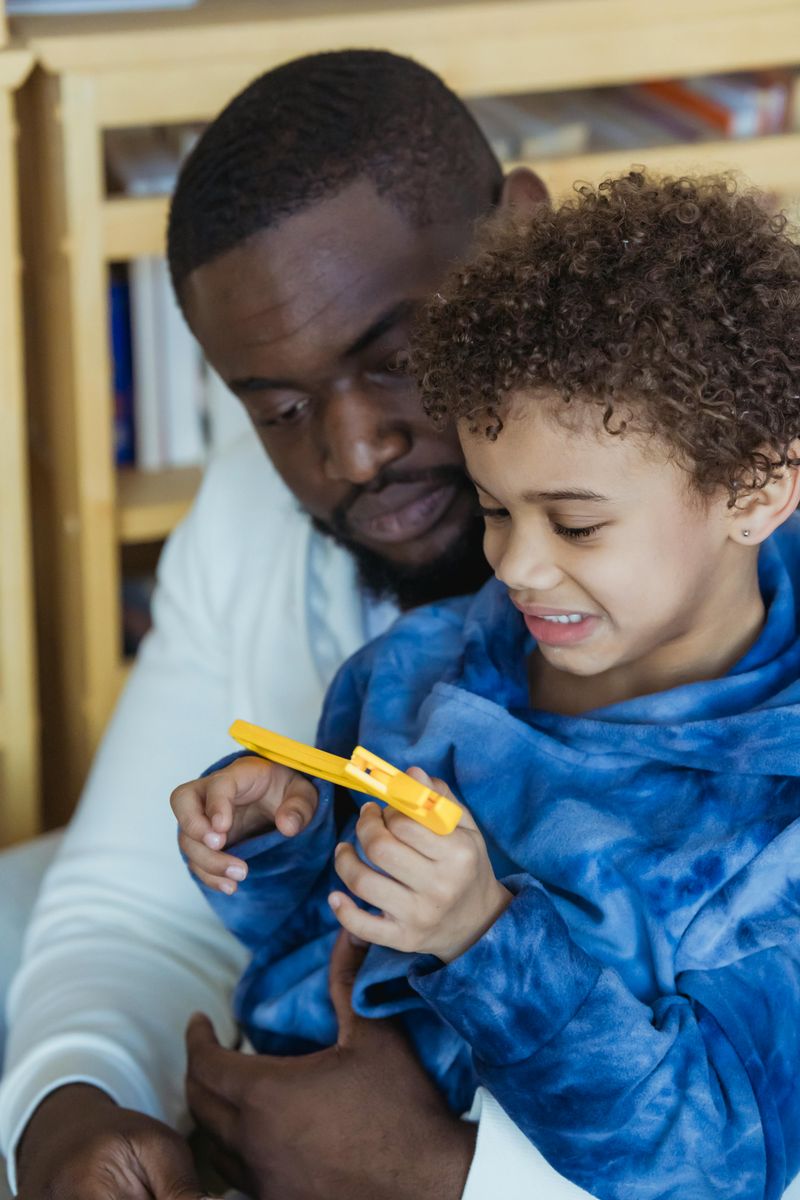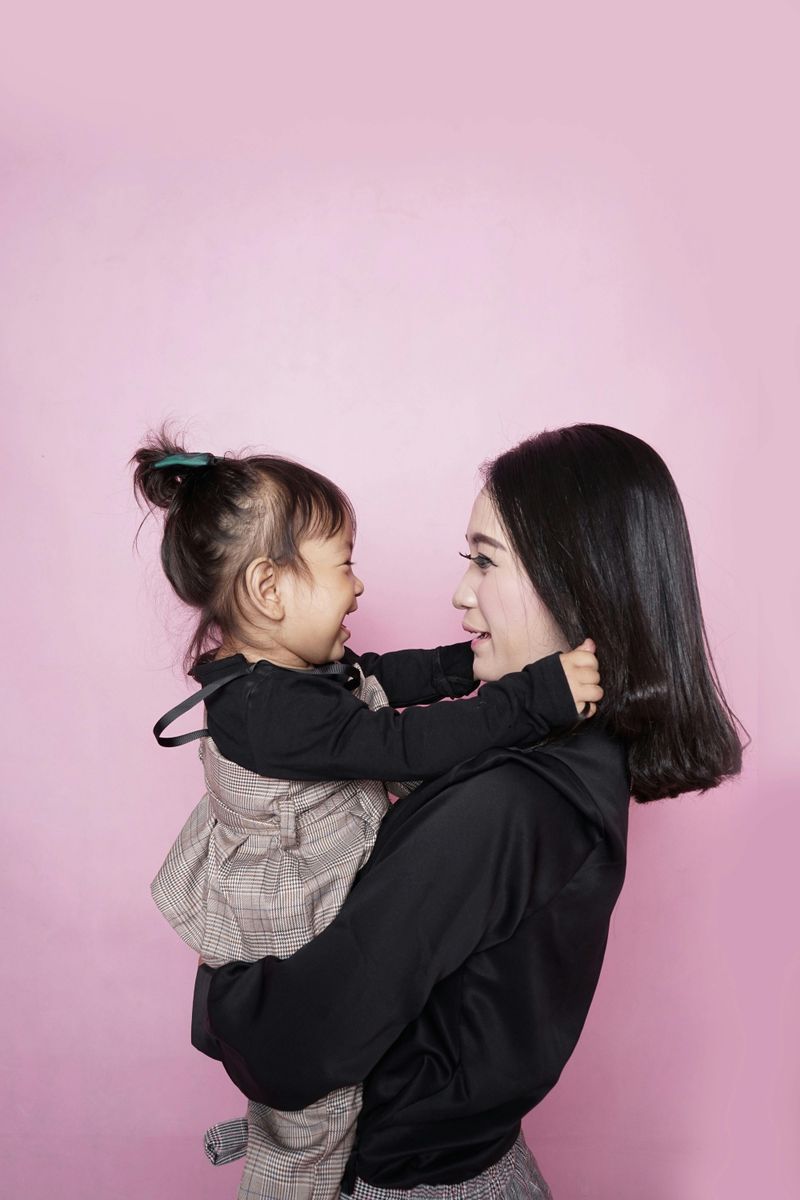22 Things Parents Should Never Say to Their Kids, No Matter How Old They Are

Words have lasting power—especially when they come from a parent. Whether your child is 6 or 60, the things you say can either build them up or leave invisible wounds that never quite heal. Unfortunately, many phrases that seem harmless or “just how we were raised” can leave deep emotional scars. Even well-meaning parents sometimes utter things that unintentionally diminish, manipulate, or hurt their children.
1. You’ll never be good at that.

There’s nothing more discouraging than having your own parent express doubt in your abilities. This phrase immediately plants a seed of failure before the child even has a chance to try. Whether it’s about sports, music, or a career path, it tells them not to bother trying.
Children of all ages need encouragement, not criticism wrapped in defeat. When a parent expresses disbelief in their child’s potential, it often leads to a lack of self-confidence and fear of taking risks later in life.
Even if you’re skeptical, it’s better to support the journey than to shame the effort.
2. You always mess things up.

This kind of blanket statement is deeply damaging because it labels the child, not just their actions. Rather than offering constructive feedback or helping them learn from a mistake, it frames failure as a core part of who they are.
Children internalize this message quickly. They stop trying new things, withdraw from challenges, and believe they’re inherently flawed. Worse, they may start to live up to this label—self-sabotaging or hesitating every step of the way.
Everyone makes mistakes, but no one should be defined by them—especially not by someone they love.
3. Why can’t you be more like [sibling/friend]?
![Why can’t you be more like [sibling/friend]?](https://frumvintxhwwdlxdneim.supabase.co/storage/v1/object/public/article_images/c489a9b1-be8e-4673-a310-4dcbabc4b70d/Ypt1hN4ZOQvy52-U.jpeg)
Comparison is one of the fastest ways to erode a child’s self-esteem. Being stacked up against a sibling or peer can create resentment and feelings of inadequacy that last for years. It implies that love and approval must be earned through imitation—not individuality.
Rather than inspiring growth, this phrase often causes bitterness between siblings and damages the parent-child relationship. Your child begins to feel like they’re in constant competition rather than being appreciated for who they truly are.
Celebrate your child’s uniqueness instead of pitting them against others.
4. You’re too sensitive.

Dismissing someone’s emotions never helps them grow—it shuts them down. When a parent tells a child they’re “too sensitive,” it invalidates how they feel and teaches them that expressing emotion is something to be ashamed of.
Over time, kids learn to bottle up their feelings, fearing judgment or ridicule. This can lead to anxiety, poor communication skills, and emotional repression in adulthood. Being sensitive isn’t a flaw—it’s part of being human.
Instead of mocking their emotions, create a safe space where they feel heard and respected.
5. That’s not a real job.

Career choices today look very different than they did decades ago, but that doesn’t make them any less valid. When a parent diminishes a child’s dream—whether it’s becoming a YouTuber, artist, or freelance writer—it sends the message that their goals are laughable.
This statement suggests there’s only one “right” way to be successful. But fulfillment comes in many forms. Even if you don’t understand the path, dismissing it outright can cause lasting resentment and discourage ambition.
Support your child’s passion—even if it doesn’t fit into your vision of success.
6. You’re overreacting.

Invalidating how someone feels in the moment is both dismissive and hurtful. Telling your child they’re overreacting doesn’t calm them—it makes them feel small and misunderstood. It implies their emotions aren’t justified or worthy of your attention.
In time, they may stop sharing their true feelings with you. They learn it’s safer to stay quiet than risk being dismissed. And once emotional walls are built, they can be hard to tear down.
Offer empathy instead of criticism, and let them process emotions without judgment.
7. After everything I’ve done for you…

Guilt is a powerful tool—but it should never be used in a parent-child relationship. This phrase turns love and care into leverage, suggesting that your child owes you for existing or for being raised.
Instead of fostering gratitude, it breeds resentment. Children don’t ask to be born, and your support should come from love—not obligation. Using your sacrifices as currency damages the emotional balance in your relationship.
Healthy love isn’t transactional. Let your actions speak without demanding repayment.
8. You’ll regret this when I’m gone.

This emotionally charged phrase puts pressure on your child in a way that feels manipulative. It doesn’t foster reflection—it induces guilt and fear. It’s a way to force compliance by threatening emotional consequences tied to your mortality.
Your child should make decisions based on respect and understanding, not fear of future regret. Framing disagreements with such finality only builds distance, not connection.
If something hurts you, express it directly—without leaning on guilt or threats.
9. You’re breaking my heart.

Few things weigh heavier than being told you’re the source of a loved one’s pain. But this phrase places an unfair emotional burden on the child, regardless of age. It shifts responsibility for your feelings onto their shoulders.
Rather than encouraging a productive conversation, it ends it. Children begin to associate expressing their truth with hurting you, and they may start hiding things just to keep the peace.
Open communication can’t thrive when emotional manipulation is involved—even subtly.
10. Because I said so.

While it may feel like a shortcut to end an argument, this phrase teaches blind obedience rather than critical thinking. It’s a conversation stopper that discourages curiosity and understanding.
As kids grow, they crave context and fairness. When a parent refuses to explain their reasoning, it signals that authority outweighs respect. Over time, this erodes trust and diminishes the child’s ability to question, reason, or advocate for themselves.
Rules should come with reasons—not ultimatums.
11. As long as you live under my roof…

Power dynamics are natural between parents and children, but using this phrase turns love into a transaction. It implies that care and shelter come with strings attached—that respect is owed, not earned.
This often causes children to feel trapped rather than supported, especially if they’re still living at home as adults. It can discourage open dialogue and make them feel like guests instead of family.
A healthy household should foster mutual respect, not conditional acceptance based on authority.
12. You’re too young to understand.

It’s frustrating to be shut down for asking questions or expressing opinions. When a parent uses this phrase, they’re not only dodging the conversation—they’re sending the message that age equals ignorance.
Children are often more emotionally intuitive than adults give them credit for. Even if they don’t fully grasp a situation, they deserve explanations that help them grow. Brushing them off teaches them not to ask questions at all.
Honest dialogue at any age builds trust and encourages emotional maturity.
13. You’re my biggest disappointment.

Few words cut deeper than being told you’re a disappointment. This statement attacks a child’s core identity—not just a decision they’ve made or a path they’ve chosen.
Rather than creating space for discussion, it fills the room with shame and judgment. Even adult children who hear this carry the weight for years, often feeling like they’re never enough no matter what they do.
Mistakes should be teachable moments, not opportunities for emotional devastation.
14. You owe me.

Parenting is not a loan that needs to be repaid. Using this phrase can make a child feel like they’re in constant debt to their parents, unable to truly be free or autonomous.
This mindset damages the foundation of unconditional love. Your support should not come with strings—especially not ones that get tugged every time your child makes an independent choice you don’t like.
Let love be a gift, not a burden.
15. You’ll understand when you have kids.

While parenting does offer new perspectives, this phrase dismisses your child’s current thoughts and feelings as invalid simply because they don’t have children. It’s a conversation stopper, not a bridge to understanding.
Instead of encouraging empathy, it sets a future condition for being taken seriously. This can create resentment and the feeling that their opinions only matter when they mirror yours.
Understanding isn’t dependent on parenthood—it’s built through mutual respect.
16. Don’t tell your father/mother.

Encouraging secrecy between parents creates a toxic dynamic. It puts the child in a morally confusing position and often forces them to choose sides—something no child should ever have to do.
This undermines the sense of trust within the family unit. It teaches kids that honesty is negotiable and that truth can be bent to maintain peace or loyalty.
Healthy families thrive on transparency, not quiet conspiracies.
17. I wish I’d never had you.

There are few statements more emotionally cruel than this one. Even if said in a moment of frustration, it conveys complete rejection of the child’s existence. It’s a wound that can take a lifetime to heal—if it ever heals at all.
Words like these don’t just hurt—they haunt. They make a child question their worth and whether they were ever truly loved or wanted.
Every child deserves to feel like a blessing, not a burden.
18. You were an accident.

Even when meant as a joke, revealing this in a flippant way can make a child feel like their presence was a mistake. It strips away the sense of belonging and can stir up deep insecurities, especially if they’re already struggling with self-worth.
If the pregnancy was unexpected, that’s one thing—but your love shouldn’t be. Framing your child as an “accident” makes them feel like a problem you had to solve, not a person you chose to love.
No one wants to feel like a second thought.
19. You should settle down already.

Pressuring your child to conform to societal timelines—whether it’s marriage, buying a home, or having kids—implies that their current life is somehow lacking. This can turn visits into judgmental interrogations instead of warm reunions.
Every person’s path unfolds differently. Some people thrive while single or child-free, while others take longer to find their rhythm. Constant reminders to “settle down” diminish the beauty of individual journeys.
Support their timing, even if it doesn’t match your expectations.
20. That’s not how I raised you.

Parents often say this when their child makes a choice they don’t agree with. But it’s more of a guilt trip than a conversation starter. It implies that deviation from your values is betrayal—not growth.
Children are supposed to evolve, think critically, and form their own perspectives. That’s not a rejection of your upbringing—it’s often a reflection of the foundation you gave them.
You raised them to be strong-minded. Don’t punish them for using that strength.
21. You’re getting too old for that.

This kind of comment may seem innocent, but it’s laced with judgment. Whether your adult child is taking up a new hobby, traveling solo, or dressing differently, this phrase implies their joy has an expiration date.
Age should never be a barrier to enthusiasm or curiosity. If anything, growing older should give people more freedom to explore and express themselves—not less.
Celebrate their spirit, no matter how young—or old—it feels.
22. You owe me grandchildren.

Family legacy and tradition are important to some, but placing reproductive expectations on your child is invasive and inappropriate. Parenthood is deeply personal, and not everyone wants it—or can have it.
Using this phrase adds unnecessary pressure and may strain the relationship, especially if they’re struggling with infertility or simply don’t want kids. It also sends the message that their value lies in reproduction—not who they are.
Support their life choices, even if they don’t include children of their own.

Comments
Loading…